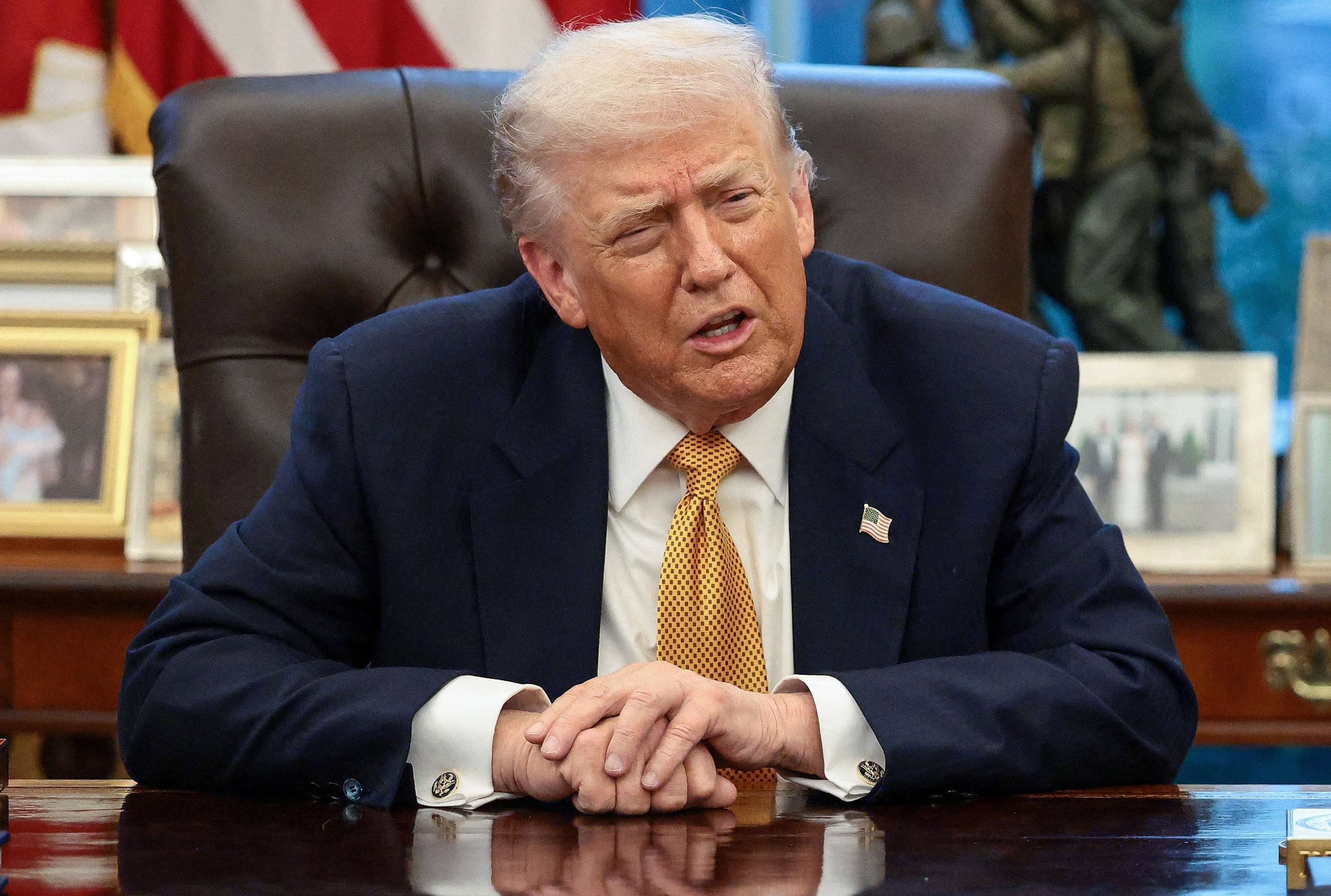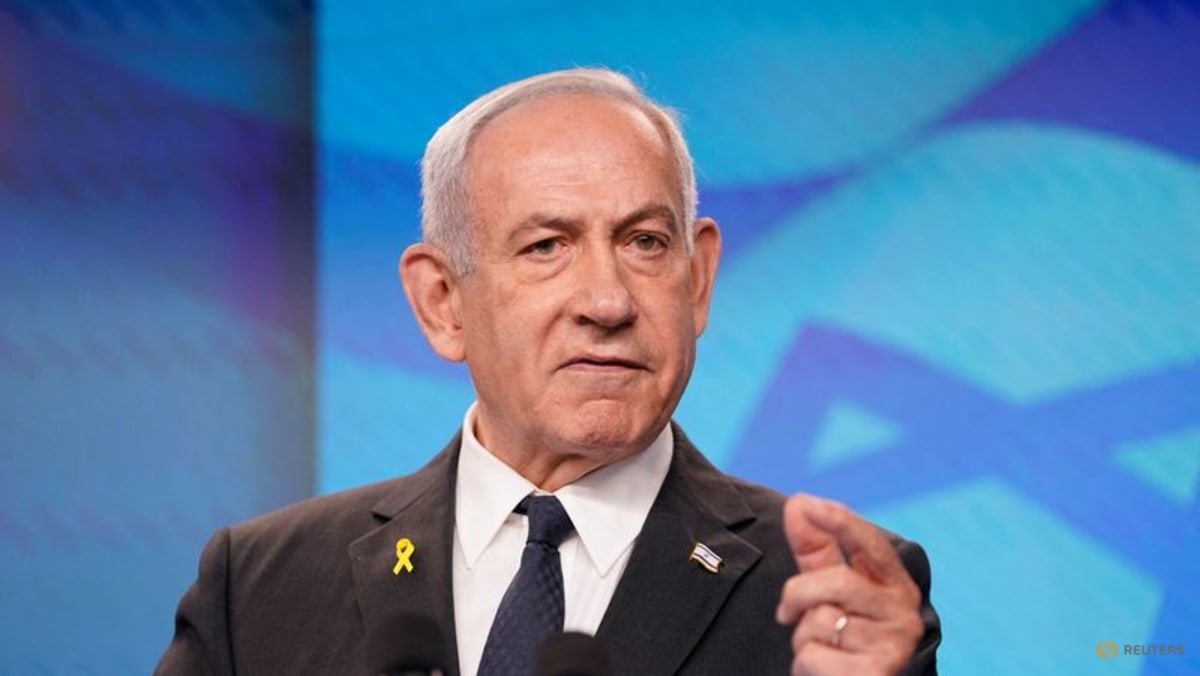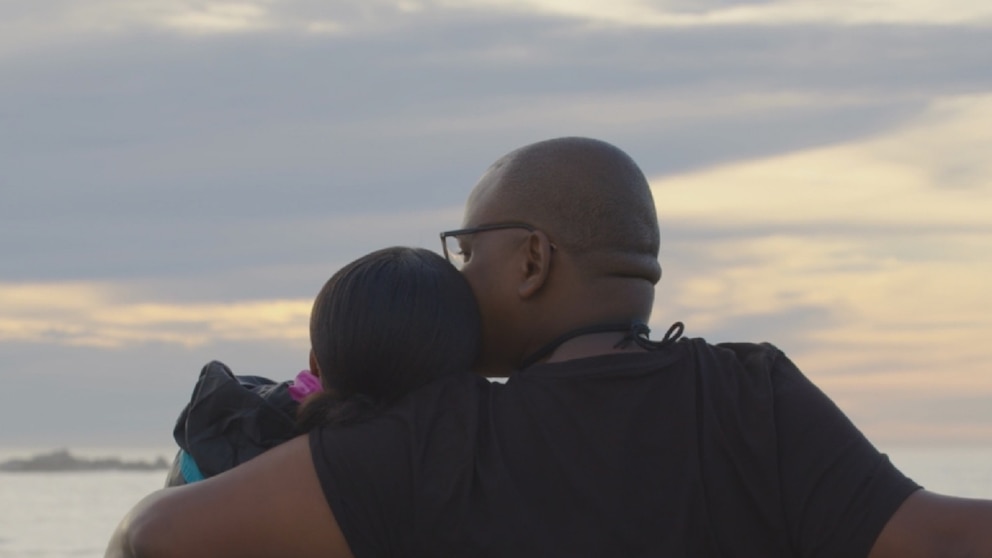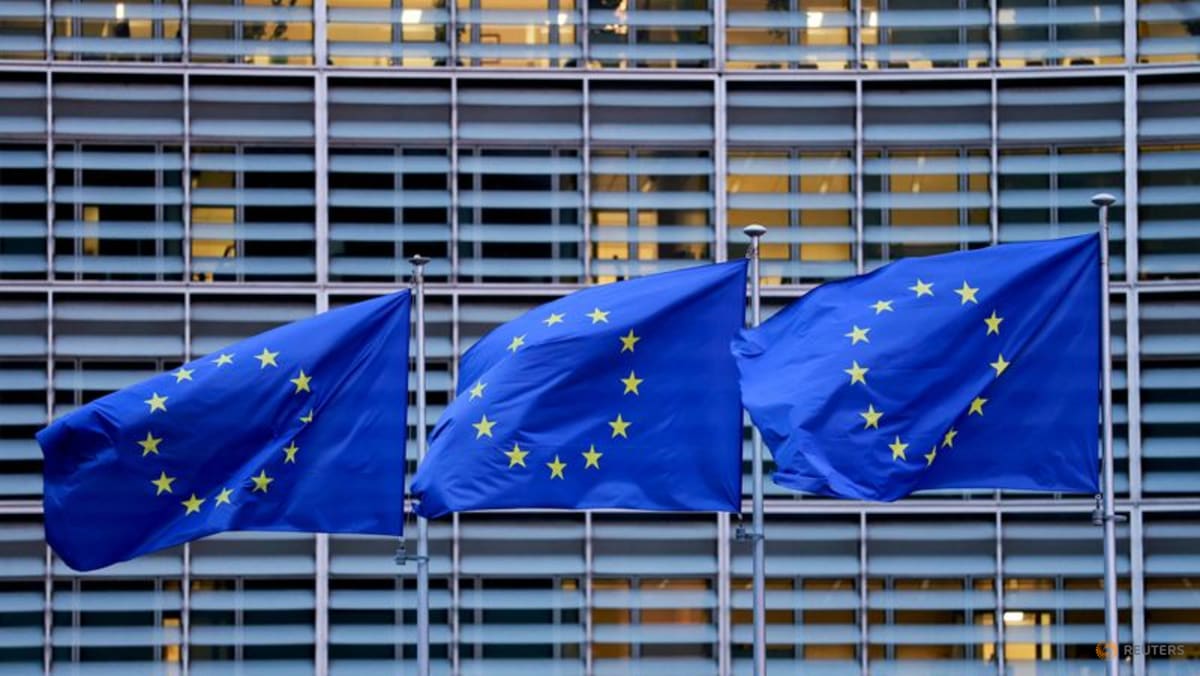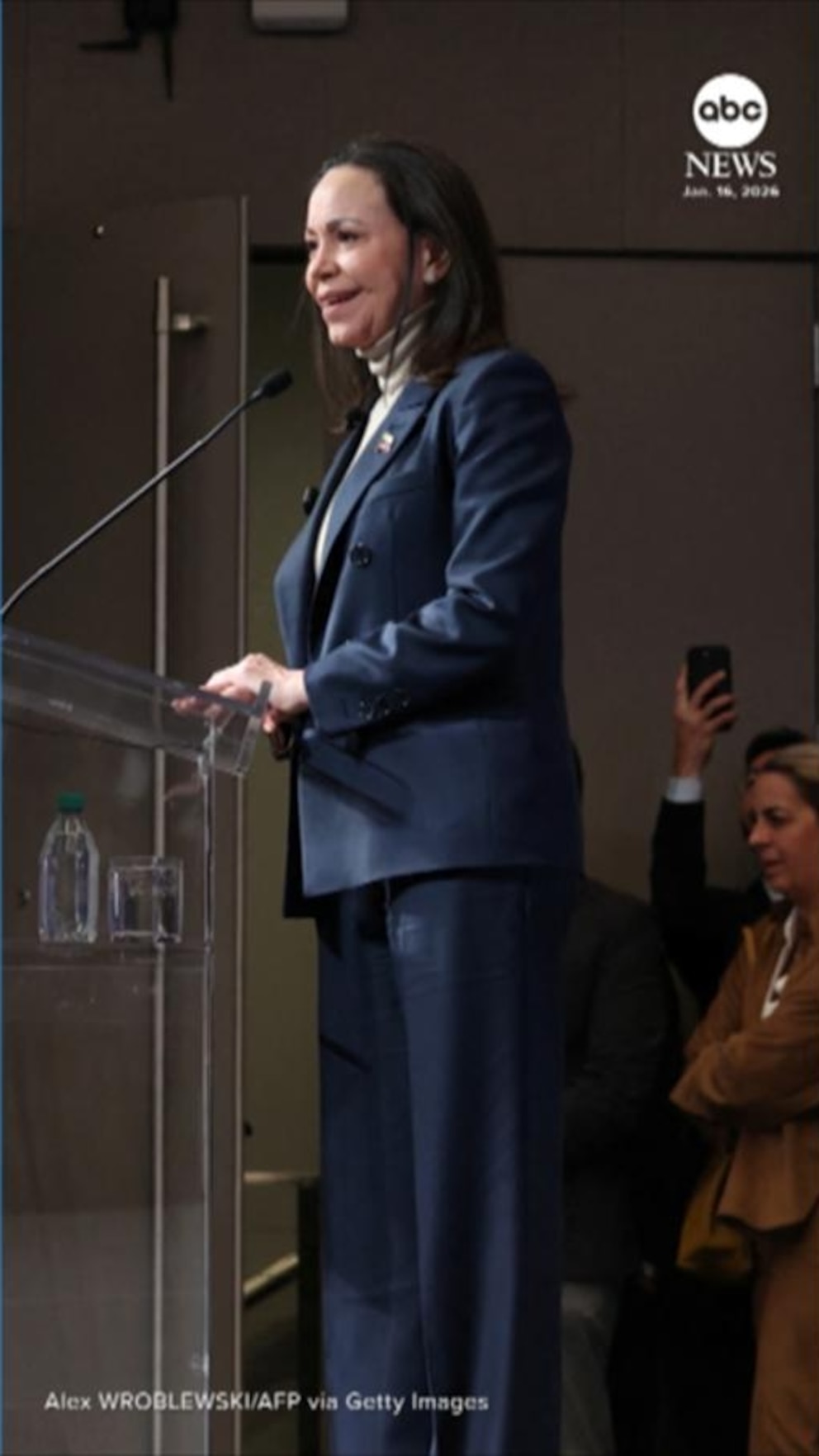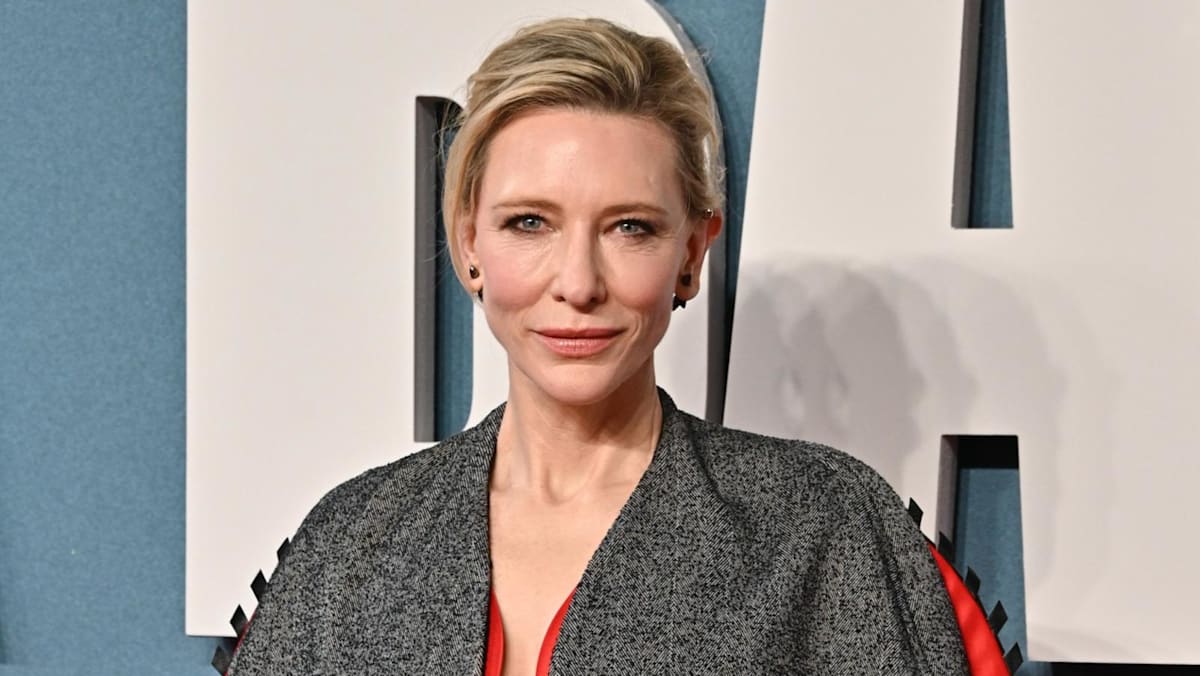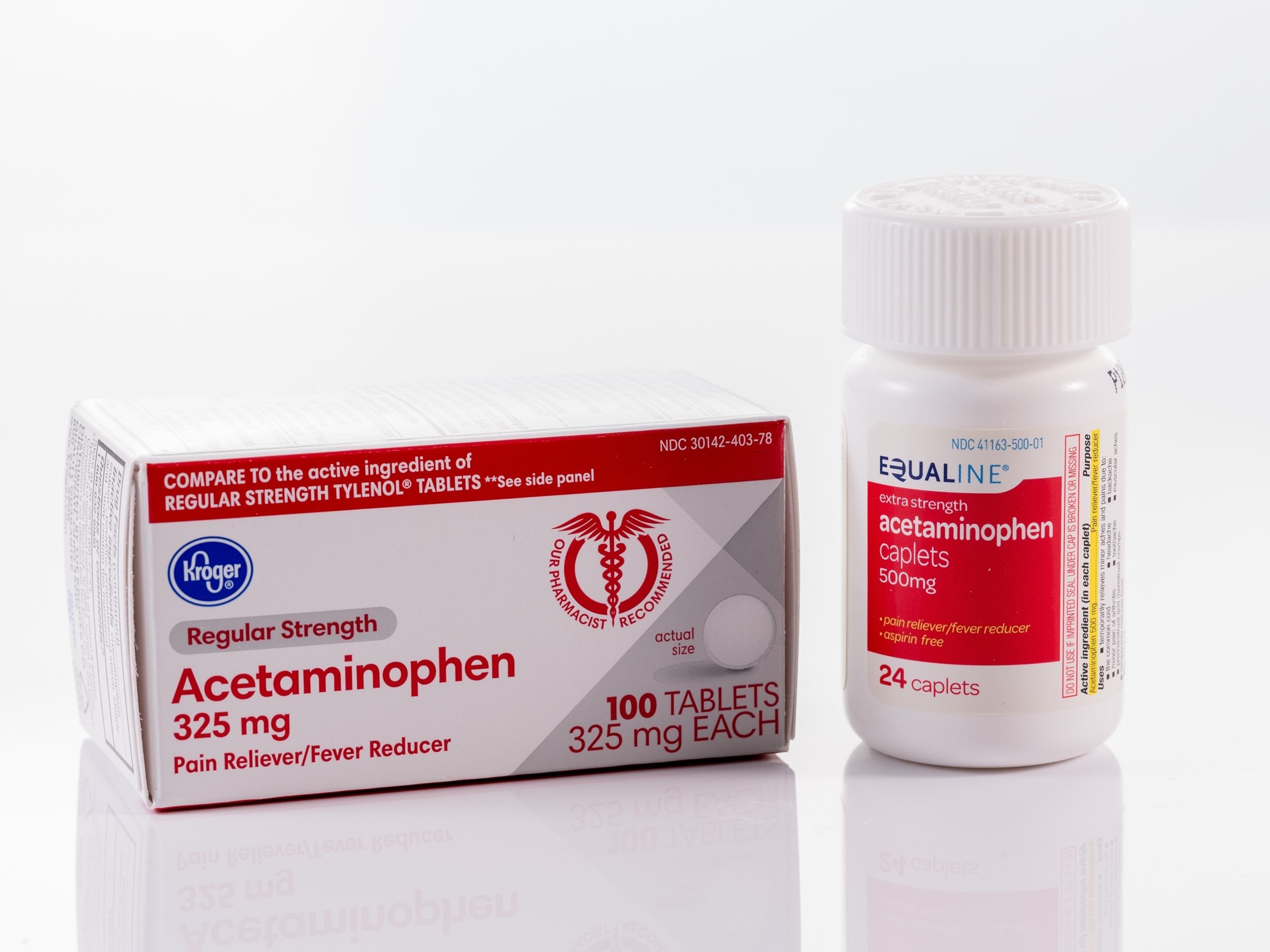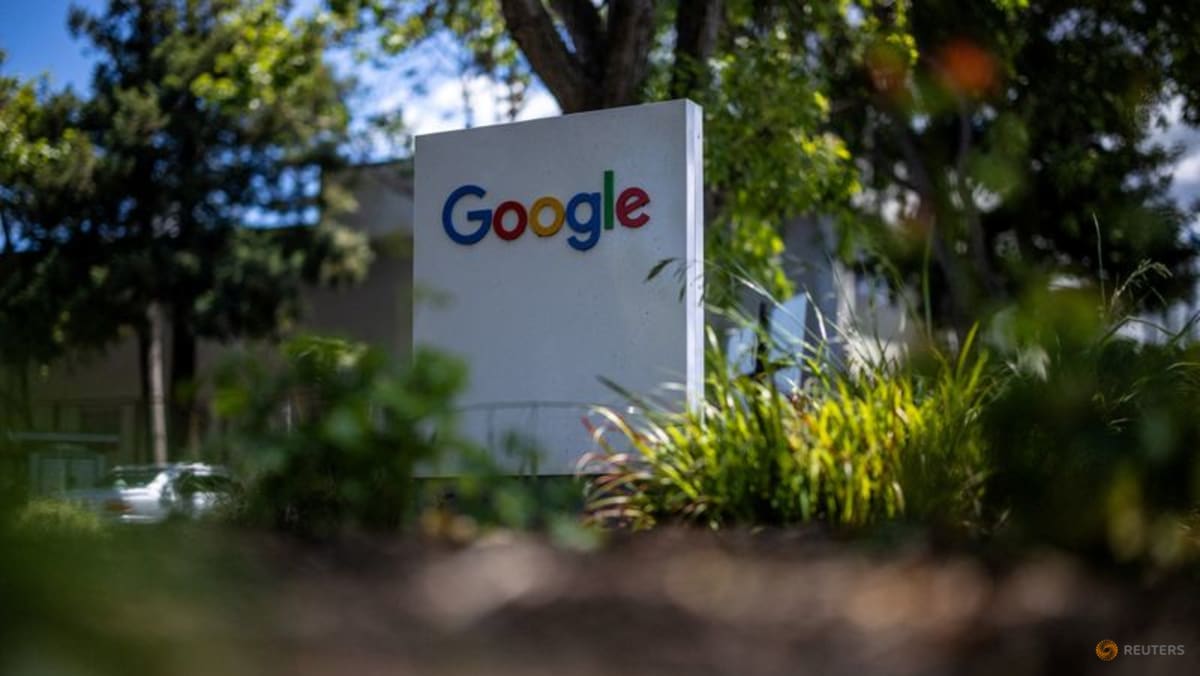In Arizona, Robert F. Kennedy Jr. draws Biden and Trump voters united by distrust

PHOENIX — Some voted for Donald Trump, others for Joe Biden. A few had never wanted anything to do with politics before they heard Robert F. Kennedy Jr., on a podcast or YouTube video.
Lined up outside a Phoenix wedding hall tucked between a freeway, a railroad track and a U-Haul rental center, the hundreds of people who turned out Wednesday to hear Kennedy speak shared little in common ideologically. What united them was a deep-seated distrust — of the media, of corporations and especially of the government — and a belief that Kennedy is the only person in politics willing to tell them the truth.
“I like that he talks to us like adults,” said Gilbert Limon, a 48-year-old pharmacist from Phoenix. “He tells you the majority of what you need to know. Whereas I feel like (other politicians) just give you bits and pieces to try to fit their agenda. I’ve had enough of that.”
Voters are not enthusiastic about a Biden-Trump rematch, and alternatives like Kennedy or the No Labels third-party movement, which would typically be longshots, see an opening. Kennedy’s appearance in a 2024 battleground state highlights how he could influence the upcoming election in tough-to-predict ways. Allies of both Trump and Biden have expressed concerns that Kennedy’s independent bid could pull votes from their candidate in next year’s expected general election rematch.
Candidates from outside the Republican and Democratic parties rarely make a splash, if they can make the ballot to begin with. But third-party candidates don’t usually carry Kennedy’s famous last name or his existing network of supporters.
Kennedy made the stop in Phoenix as part of his laborious push to get access to the 2024 presidential ballot as an independent candidate, which he figures will require him to collect at least a million signatures across the country. Aides mingled in the crowd collecting filling up his petitions to qualify in Arizona.
Ballot access for independent and minor-party candidates is an expensive and complicated process, with each state setting its own rules for access. Campaigns usually hire people to collect signatures and often need a small army of lawyers to challenge ballot access rules and fight back against others trying to keep them off the ballot.
American Values 2024, a super PAC supporting Kennedy, has pledged to spend $15 million to help him get on the ballot in 10 states. Kennedy secured a victory in Utah, where the lieutenant governor pushed back the deadline to qualify from January to March after Kennedy filed suit.
Kennedy is a member of one of the Democratic Party’s most famous families — his father was the attorney general for his uncle, President John F. Kennedy. But he’s more recently built closer ties to the far right, where his conspiratorial and isolationist views are at home.
Enriqueta Porras, a 52-year-old physician from Phoenix, voted for Hillary Clinton in 2016 and Trump in 2020. She said she’s torn about the third-party conundrum. She’d like to vote for someone she believes in like Kennedy but also wants to make sure Biden loses and may vote strategically.
“I don’t want to be that person,” Porras said, “but I feel like there’s a lot at stake and that may just have to happen.”
One of the nation’s most prominent anti-vaccine activists, Kennedy has long had a loyal following of people who reject the scientific consensus that vaccines are safe and effective, and they form a backbone of his presidential campaign.
An organization that Kennedy founded, Children’s Health Defense, currently has a lawsuit pending against a number of news organizations, among them The Associated Press, accusing them of violating antitrust laws by taking action to identify misinformation, including about COVID-19 and COVID-19 vaccines.
Rigorous study and real-world evidence from hundreds of millions of administered shots prove that COVID-19 vaccines are safe and effective. Deaths caused by vaccination are extremely rare and the risks associated with not getting vaccinated are far higher than the risks of vaccination.
Among the dozen Kennedy supporters who spoke to the AP in Phoenix, many share his view that corporations, especially drug companies, wield too much power.
Debra Sheetz first started paying attention to Kennedy when she was doing her own research on COVID-19 vaccinations.
“I’ve been listening to him for the last several years,” she said. “I was so interested when he decided to make this big leap into politics because he has a lot of good ideas. He can really speak to what people really care about.”
Sheetz, 71, voted for Biden in 2020, she said sheepishly, because found him to have “more balance, a little more sanity” compared to Trump. But she’s disillusioned by Biden’s support for pandemic-era restrictions and what she sees as a loss of freedom to speak freely.
“We lost our First Amendment,” said Sheetz, who lives in Ashland, Oregon, but has spent the past few years traveling the country in her RV. “The most important thing is the ability for free speech and free ideas to share. Other ways to look at things. If you lose that, authoritarianism is there.”
Curt Eastin, a 65-year-old professional coach from Chandler, a Phoenix suburb, voted for Biden in 2020 but won’t again. If Kennedy weren’t running, he’d vote for Trump next year, he said.
“I like that I can trust him. I think he’s honest,” he said. “And even if I don’t agree with him, I know that he came to his conclusions honestly. I can’t trust any of the other people.”
Kennedy is keenly aware that his fans avoid the mainstream media, where journalists often flag the falsity of his vaccine claims, in favor of free-wheeling alternative sources online. He said he’s drawing support especially from young people but struggling with people in his own generation.
“The problem with the baby boomers, I think, is they get their news from MSNBC, Fox and CNN,” he told the crowd in Phoenix, which responded with boos. “Whereas young people are getting their news from podcasts and other alternative sources.”
Third party or independent candidates rarely do well in presidential contests. Even the most successful recent example, Ross Perot in 1992, didn’t win a single electoral vote despite winning 19% of the popular vote.
Sometimes, a minor-party candidate will get enough votes that partisans will blame them for tipping the scales to elect the popular vote loser, like Ralph Nader in 2000 or Jill Stein in 2016, both Green Party candidates.
“One of the biggest reasons I like him is because of his stance on partisanship in our House and our Senate, and I like how he wants to try and reunite both of them,” said Michael Chacon, a 23-year-old student in Tempe who has never voted and still wasn’t sure whether he will in 2024. “I think that’s a really good idea. I think cooperation would go along way.”
Source: abc news


